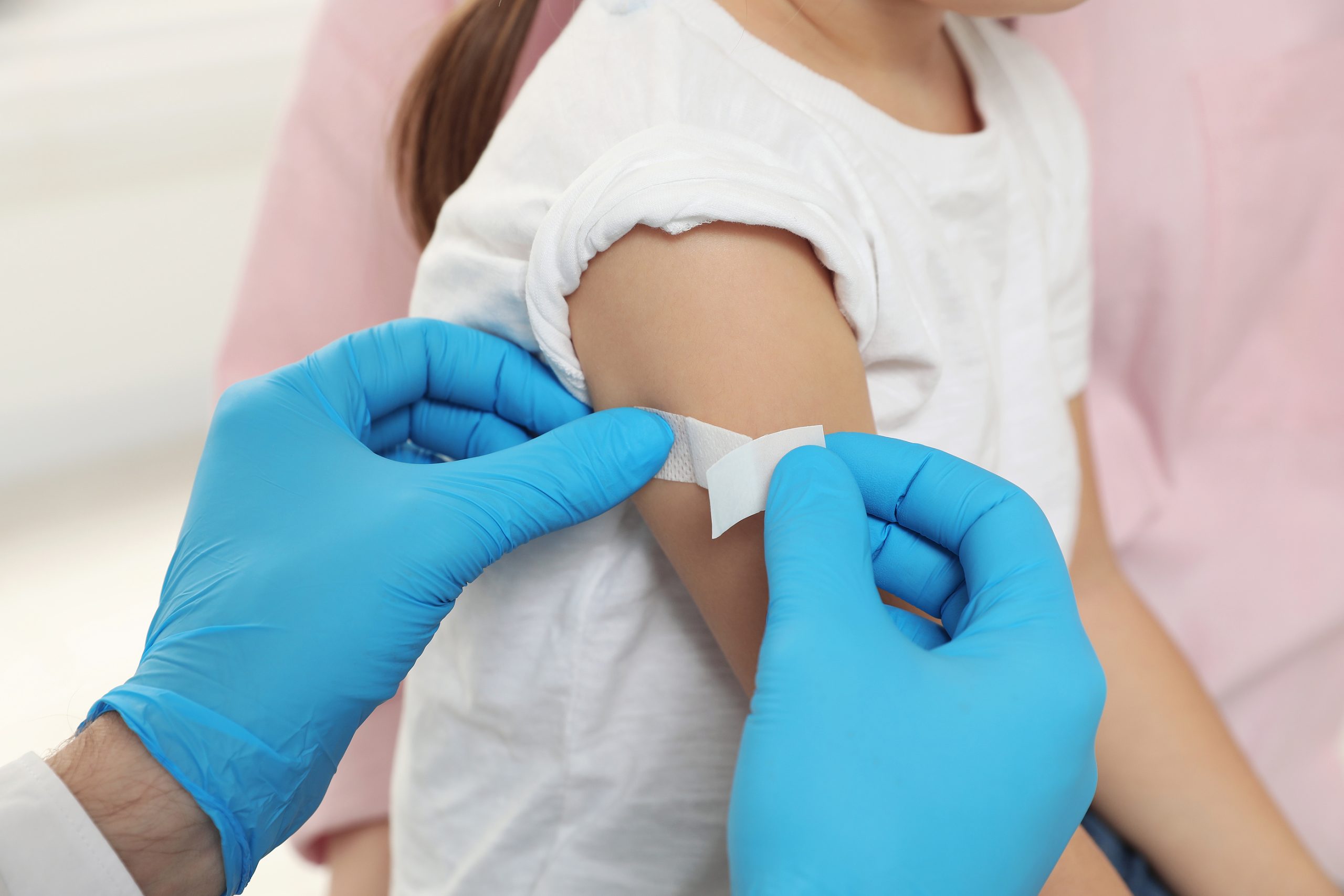Immunisation Guidance
Immunisation programmes
Immunisation programmes vary in their timing of the various immunisations but, in general, all major countries give the same basic immunisations. Here in Cayman most children will follow the Cayman Islands schedule but your paediatrician will be happy to offer advice and follow a different schedule if better suited to your child. The vaccination programme in Cayman starts from birth.
How do immunisations work?
Why are children vaccinated so early?
Why do children receive multiple vaccines against the same infection?
Why do I need to immunise my child if some of these diseases have almost disappeared?
How do I know these vaccines are safe?
What are the side effects of vaccines?
Each different vaccine & immunisation has its own set of effects e.g. some transient redness at an injection site, and these tend to be minor and temporary. Your paediatrician will be able to tell you about the different vaccines and their profiles.
Further Information
The following information sites provide further information. You will find though that every country has a different schedule! If at all unsure, please ask your paediatrician!
American CDC Guidelines
Canadian Parents Guide from BC
UK NHS Guide up to 13 months
Cayman Islands Immunisation Schedule


